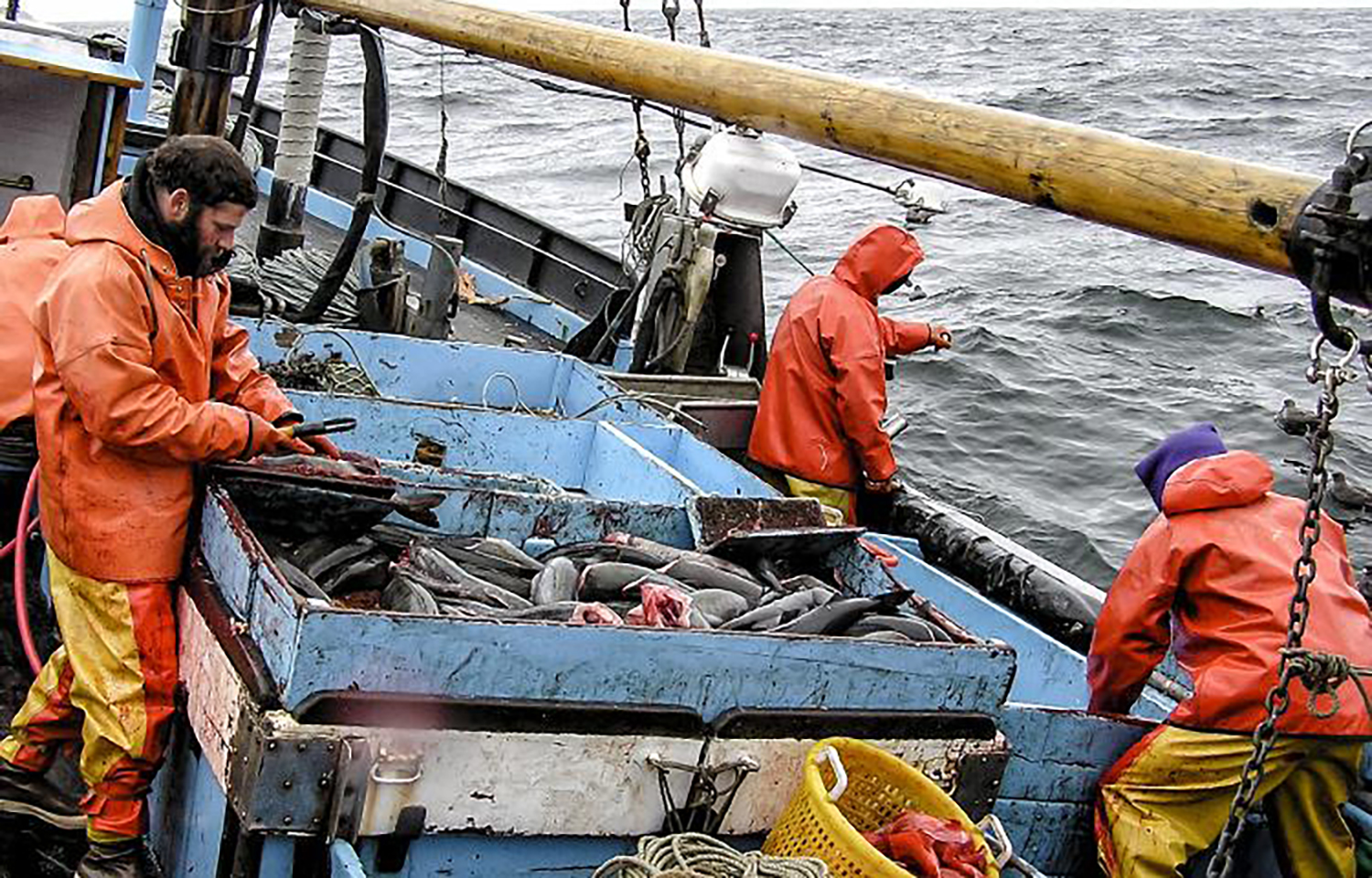Since 2015, at least 14 fisheries observers around the world have gone missing or have died under suspicious circumstances, with the majority of these cases remaining unsolved.
A recent report, "The Necessity of Protecting Fisheries Observers at Sea," released by U.K.-based NGO Human Rights at Sea (HRAS) in collaboration with the Association of Professional Observers (APO), sheds light on the danger and harassment endured by fisheries observers around the globe.
Triggered by three recent instances of threatened observer safety aboard Portuguese-flagged vessels – two of which resulted in vessel evacuation and one of which entailed an unexplained observer death at sea – HRAS compiled the report with the aim of “raising public, regional, and international awareness around fisheries observer safety, security, and well-being and associated fundamental individual protections required while working at sea.”
Observers are trained and authorized to collect biological and operational data from commercial fishery vessels and aim to ensure these vessels adhere to sustainable and responsible fisheries management and compliance. There are at least 2,500 observers worldwide, which nets out to around one for every 1,000 fishing vessels, and the data they collect is independently shared with coastal states and regional fishery management organizations (RFMOs).
Fishers already work in dangerous conditions; an estimated 24 million are injured annually, and reports suggest there are up to 100,000 fishing-related deaths per year. Observers face the same conditions but also have to deal with the potential implications of uncovering illegal activity, which are exacerbated on the high seas where there is often little oversight.
According to International Maritime Law, flag states are responsible for the protection of all persons onboard vessels flying their flags, including observers.
“The safety of observers falls squarely on the shoulders of the mandating agency. They are not held accountable because many have outsourced observers to private entities, including fishing companies,” Mitchell-Rachin said.
In one of the most recent cases of an observer death, fishery observer Samuel Abayitey disappeared from the Ghanaian tuna fishing vessel Marine 707 in early November 2023, and his body was discovered decapitated nearly a month after his disappearance.
“Amazingly, there is some question with Samuel Abayateye’s death in Ghana whether his observer insurance, which Ghana is required to provide observers, applies to an observer who dies,” Mitchell-Rachin said. “There has been no accountability from the vessels. They usually return within a few days to fishing.”
Besides facing life-threating situations, observers also have experienced physical and sexual assault, harassment, retaliatory lawsuits, threats to their dependents and livelihoods, limited access to independent means of communication, inadequate recognition as a maritime professional, and more.
To properly address these issues, HRAS has called for designated priority areas to be addressed in order to guarantee stronger protections and oversight of observers.
These priority areas include transparent public reporting, two-way communication devices on all vessels, professionalization of the role of observers, clear RFMO contracts, litigation indemnity, guaranteed confidentiality, and assured agency transparency and dependents of observers.
“These recommendations need to be entered into legislation – managed and enforced by regulatory bodies. It will never be effective if only from a private entity and certainly not consistent if driven by the fishing industry,” APO Treasurer Elizabeth Mitchell-Rachin said. “Without government support and a serious political will to enforce, they are essentially handing out a death sentence.”
Referencing his own experience, Portuguese observer and APO member Pedro de Jesus agreed that observer safety needs to be codified.
“Governments and national authorities should work together to develop and implement policies that protect observers and safeguard their rights,” de Jesus said in the report. “This includes the recognition of the compliance and scientific fisheries observer as a maritime professional, as well as establishing guidelines for their safety, providing legal protections, and holding accountable those who commit acts of violence or intimidation against them.”
The HRAS report was supported by the Sustainable Fisheries and Community Trust, Blue Marine Foundation, CHIRP Maritime, APOXM, and International Pole and Line Foundation. It was also disseminated through the European Commission with assistance from the E.U. Directorate-General for Maritime Affairs and Fisheries, civil society organizations, and multiple E.U.-based observers, managers, and professional associations.








